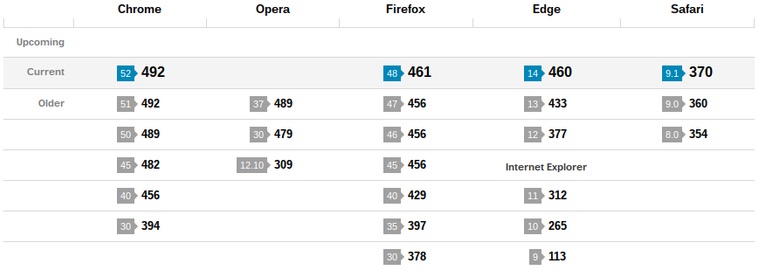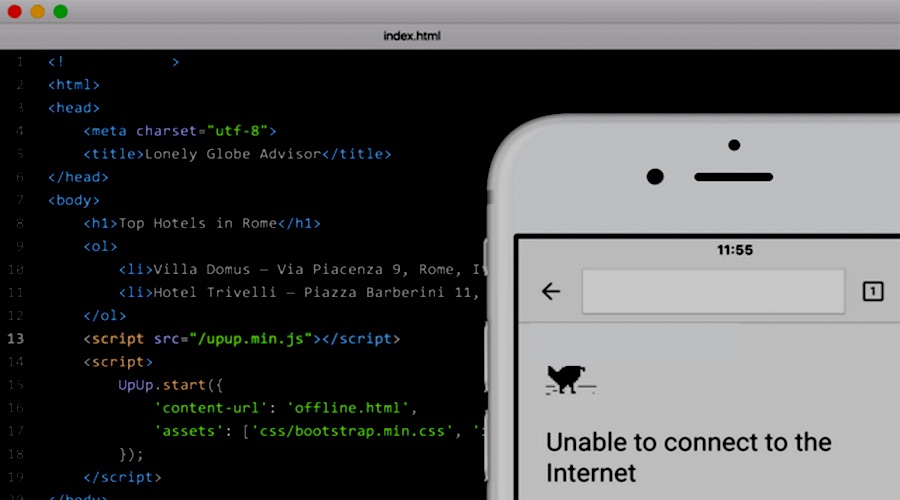Open Source Programmers Have Sued Apple
Nexedi, a French open source software vendor has sued Apple. The lack of support for standard web technologies on iOS irked the company, resulting in the allegations that Apple’s App Store contract is unfair. We have contacted Apple for a clarification and we’ll be keeping you in the know.
Nexedi, a French maker of open source software, has sued technology giant Apple. The company has filed a lawsuit against Apple in Paris claiming that Apple’s App Store contract violates French laws.By suing Apple, the company is hoping to make iOS more supportive of Web standards and force the company to allow rival browsing engines on the iPhone.
Some of you might be aware that Apple already allows rival browser apps on the iPhone. But, they all need to use Apple’s Web rendering engine. This simply means that other browser vendors have to settle with the web technologies only offered by Apple. This also brings shortcomings like the lack of good support for HTML5, service workers, webRTC, and WebM.
In a blog post, Nexedi tells about a list of things that are impossible to do on iPhone —
- Running OfficeJS HTML5 spreadsheet in offline mode due to the lack of support for service workers
- Watching videos in WebM format
- Participating in Hubl.in HTML online conference due to lack of support for webRTC
The post notes that the situation wasn’t so bad in the early 90s when Apple PCs had the best support for TCP/IP and the Web. Apple’s platform supported more multimedia format than Windows and Unix.
Nexedi also shares a table that shows the dismal state of Safari web browser, which is lagging behind on the MacOS desktop platform.

Apple’s weird App Store contract is the culprit
In its App Store contract, Apple does not allow publishing any application that downloads and executes software. The exception in this case in Apple’s Webkit, of course.
Nexedi writes that a web browser is an application that downloads and executes JavaScript code. So, Apple doesn’t allow a Web browser in its App Store unless it’s based on Apple’s Webkit library. This stipulation forces Chrome (and others) to rely on Webkit library rather than advanced Blink library, resulting in a poor HTML5 performance.
We have contact Apple and we’ll be updating this article if we receive a reply.
Have something to add? Don’t forget to drop your feedback in the comments section below.
